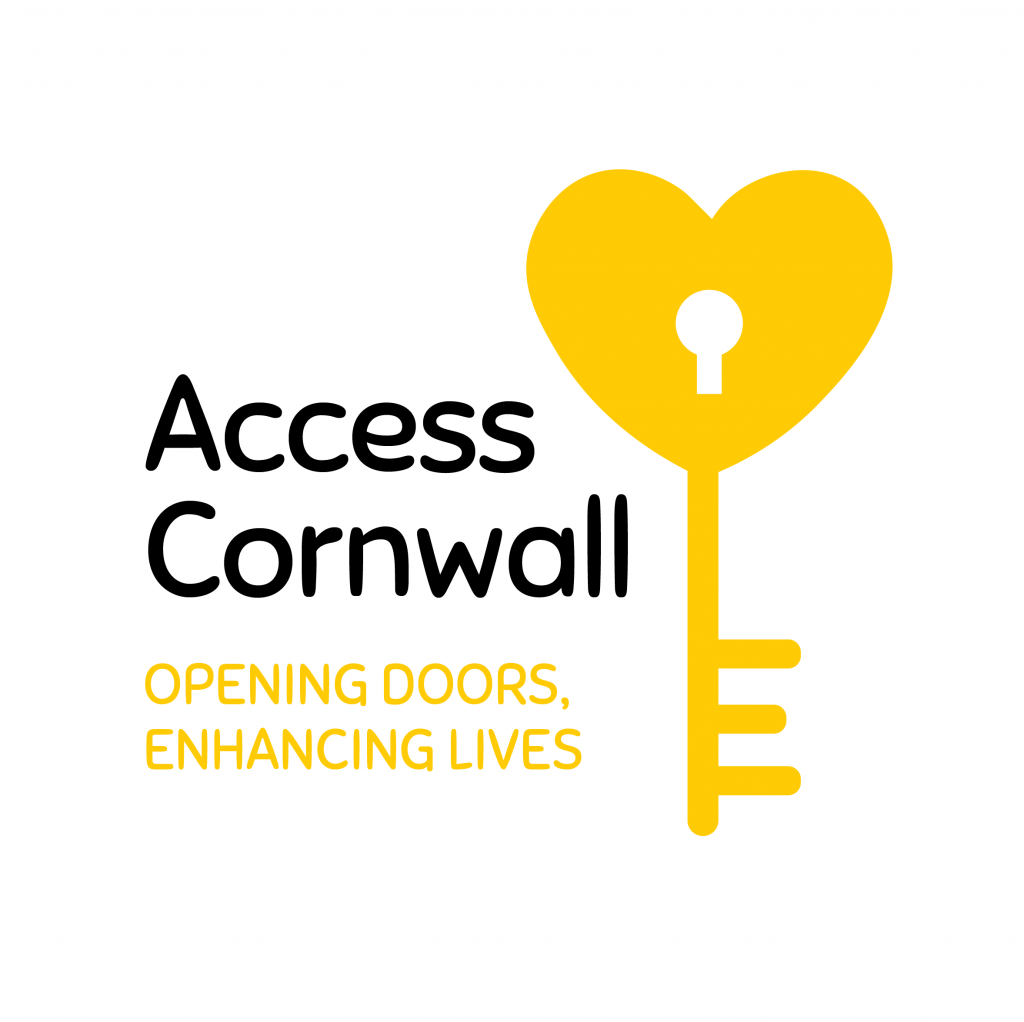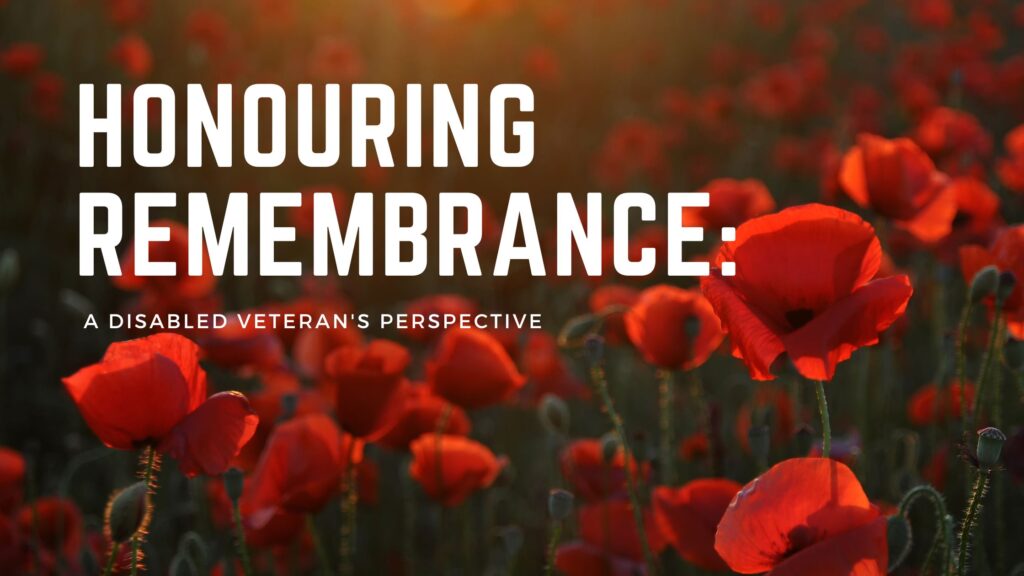
Honouring Remembrance: A Disabled Veteran’s Perspective

It’s the time of year when we all put on our Poppies and take time to remember those who have served in our armed forces, but this time of year can be very difficult for veterans. In this article Andy* one of our team, shares his story and offers his thoughts on how we can best support veterans living with trauma and disabilities at this time of year.
First of all, I’m sharing my story not to seek sympathy but to shed light on the struggles disabled veterans can face and to share my personal thoughts on how we can all help those who have left the armed forces and are coping with trauma and physical or mental health challenges at this time of year.
My journey began in 1993 when I joined the Army as a 19-year-old chef, embarking on what would become a life-changing experience.
At first, I loved being in the Army. I enjoyed the challenges of having to organise food and service at a moments notice, often in hugely complicated situations. I loved learning new skills, I worked with some incredible colleagues and despite being posted to Northern Ireland where, as you might imagine, we were often in highly stressful and dangerous situations, we had great times. It was often difficult but I felt like the work I was doing was important and I loved it and I made lifelong bonds with those I served alongside.
Around mid-1997, my path took an unexpected turn after a tour in Northern Ireland when I was medically downgraded. I was suffering from a health condition that was only getting worse, and it marked the beginning of a long and challenging journey towards a medical discharge, and which would eventually end up with me becoming a wheelchair user.
While my comrades were posted to different units, I began to feel isolated, and the loss of a dear friend during his service in Northern Ireland added to my growing emotional burden. Looking back, this period was when my mental health struggles started.
As my medical discharge in 2000 approached, a shocking revelation intensified the turmoil.
A few months earlier, I and a handful of others were informed that our regiment was due to return to Northern Ireland, where our names had been leaked on the Internet.
There had been death threats, so, fearing for our safety, we were advised not to go. The day of my medical board arrived, sealing my fate as a discharged soldier. Suddenly, I found myself with nowhere to go, as I wasn’t allowed on the barracks while awaiting paperwork.
This transition was a stark contrast. For anyone who hasn’t served in the military it is important to appreciate that once you are enrolled, the Army pretty much tells you what to do at every step. You’re told when to get up, when to go to the dentist – pretty much everything you have to do is set out for you. Being suddenly discharged, I was left to navigate the world independently. I went to live at my mum’s house, facing isolation and fear, with no clear path ahead.
Disability itself brings a unique set of challenges, contributing to feelings of isolation and mental health struggles. It wasn’t easy, but I did manage to get myself back on the right track. After some time I got a job managing a customer care team at a major bank and rebuilt a new career.
My health situation has led to me now using a wheelchair most of the time to get around. Nowadays at the not-for-profit organisations, the Association of Accessible Employers and Access Cornwall I work supporting others with disabilities, including veterans, and I use my own experiences to help them find a new path for themselves.
But, Remembrance Day and Remembrance Sunday, are always tough. While important for veterans, this time of year can bring back painful memories. The day is an opportunity to remember lost friends who had become like family during service. For veterans who may carry the weight of lost limbs and survivor’s guilt, it can be emotionally overwhelming.
Combined with the isolation that disabled veterans often experience, this time of year becomes exceptionally difficult. It took me nearly 20 years to gather the courage to attend a Remembrance Sunday parade, so assuming that veterans will participate may not be realistic.
I urge everyone to reach out to disabled veterans, particularly at this time of year, especially those who may be alone. Extend an invitation to spend Remembrance Day with them, providing a listening ear and companionship. This simple act of kindness can make a world of difference. Remember that for some, the parade may be too much, and a quiet, personal visit could be more comforting.
Let’s honour our veterans by being there for them, not just on Remembrance Day but every day, showing them the support and gratitude, they truly deserve.
*Andy’s name has been changed to protect his identity.